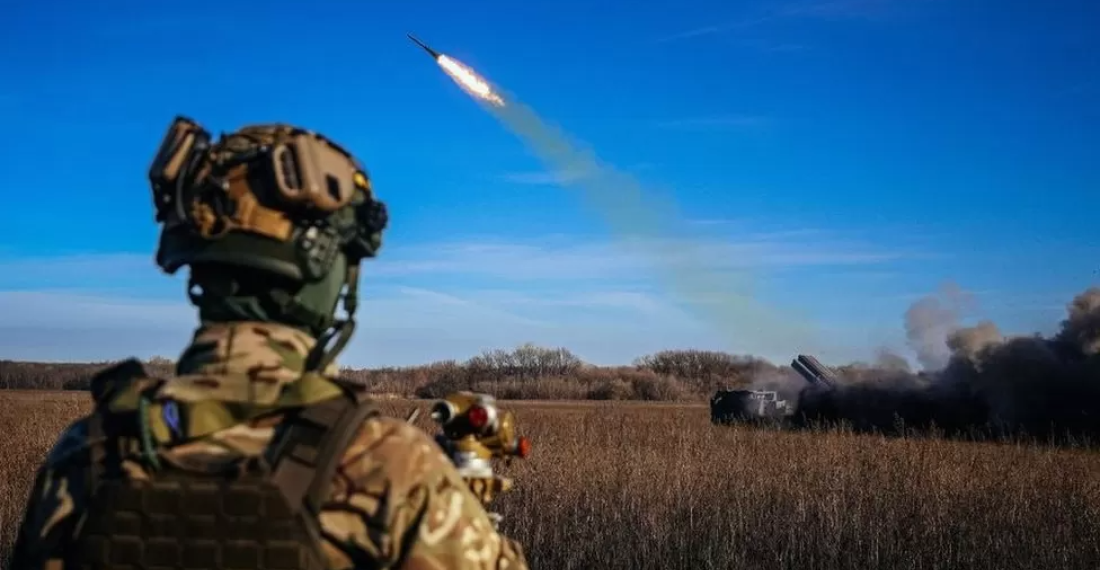Reports have emerged online during Sunday (4 June) and early Monday morning (5 June) of increased fighting along the front line in Ukraine.
Various social media sources that have regularly provided updates on the current situation on the ground in Ukraine since the start of the full-scale invasion in February 2022 reported forward Ukrainian troop movements in a number of locations along the front line over the last 24 hours.
On Monday morning, the commander of Ukraine's ground forces, Oleksandr Syrskyi, said troops were "moving forward" towards the eastern city of Bakhmut, and had destroyed a Russian position near the city. As of 09.30 CET on Monday (4 June), nothing else regarding the ostensible counteroffensive has been officially stated by Ukrainian authorities.
Yesterday, Ukrainian authorities published a video asking for people to withhold any precise information they may have on Ukrainian troop movements, saying "Plans love silence. There will be no announcement of the start [of the counteroffensive]." The footage featured masked and well-armed troops holding their fingers to their lips, stressing the importance of operational security.
In their latest update, the Washington D.C.-based Institute for the Study of War wrote that Ukrainian forces conducted local ground attacks and reportedly made limited tactical gains in western Donetsk Oblast and eastern Zaporizhzhia Oblast on 4 June.
The recent reported developments follow an interview that Ukrainian President Volodymyr Zelensky gave to The Wall Street Journal published on Saturday (3 June) in which he said that Ukraine is ready to launch its long-awaited counteroffensive.
Russia claims major Ukrainian attack thwarted
Early on Monday morning, the Russian Ministry of Defence claimed that a major Ukrainian attack had been thwarted, in which they said they killed as many as 250 Ukrainian troops.
Ukraine had launched the "large-scale offensive" in the Donetsk region on Sunday using six mechanised and two tank battalions, they said, claiming that Ukraine "did not achieve its tasks, it had no success".
Throughout its full-scale invasion of Ukraine, Russia has often claimed certain successes without ever providing evidence or substantiation. For example, in September 2022 Russia claimed to have destroyed 4 US-made Bradley infantry fighting vehicles, only a few days after the US announced they would sent them to Ukraine and way before they had actually arrived there.
Meanwhile, the Russian state-controlled news agency RIA Novosti on Monday morning reported the words of Russian collaborationist Vladimir Rogov, who said that active hositilities have also resumed in Zaporizhzhia oblast to the west of the claimed thwarted Ukrainian counter-attack.
"The enemy threw even greater forces into the attack than yesterday, approaching the breakthrough attempt on a larger scale and in an organized manner. There is a fight going on," said Rogov.
source: commonspace.eu with agencies
photo: Getty Images






